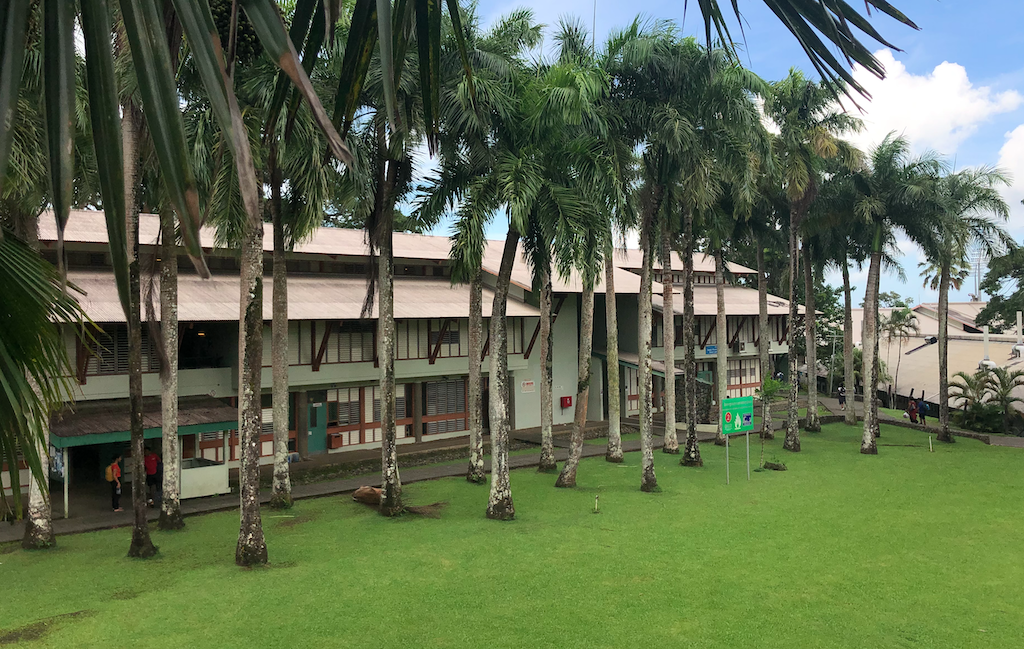Why does the University of the South Pacific (USP) not offer anthropology as a study programme? This paper in The Australian Journal of Anthropology (TAJA) investigates for the first time anthropology’s past and present status at USP.
Title
Anthropology at the University of the South Pacific: From past dynamics to present perceptions
Abstract
The Pacific Island region is a key context in the history of anthropology. Yet, while much has been written about how anthropology of the Pacific Islands contributed to Anglo‐American anthropology, the discipline’s institutional history in the Pacific Islands has received very little attention. This paper is the first to explore the history of anthropology at the University of the South Pacific (USP). Research findings demonstrate that anthropology lacked practical meaning in an institution established to modernise Pacific Island states. Fieldwork conducted at USP suggests that current perceptions of anthropology held by academic staff are strongly linked to the discipline’s classic era. I argue that the anti‐colonial version of the Pacific Way from the 1970s onward, coupled with the hegemony of political economist and anti‐culturalist approaches among the USP teaching staff in the 1980s, inhibited a meaningful engagement with the Writing Culture debate at USP. This may explain why there has been little influence by the discipline’s postmodern transformation over the past thirty years on current perceptions of anthropology at USP.
Reference: Kessler KA. Anthropology at the University of the South Pacific: From past dynamics to present perceptions. Aust J Anthropol. 2021;00:1–21. https://doi. org/10.1111/taja.12388
Many thanks to all research participants!
